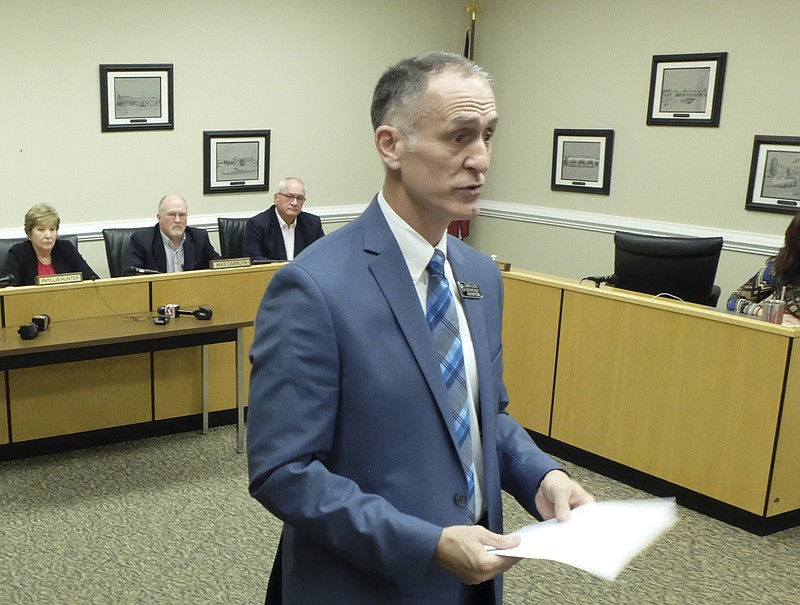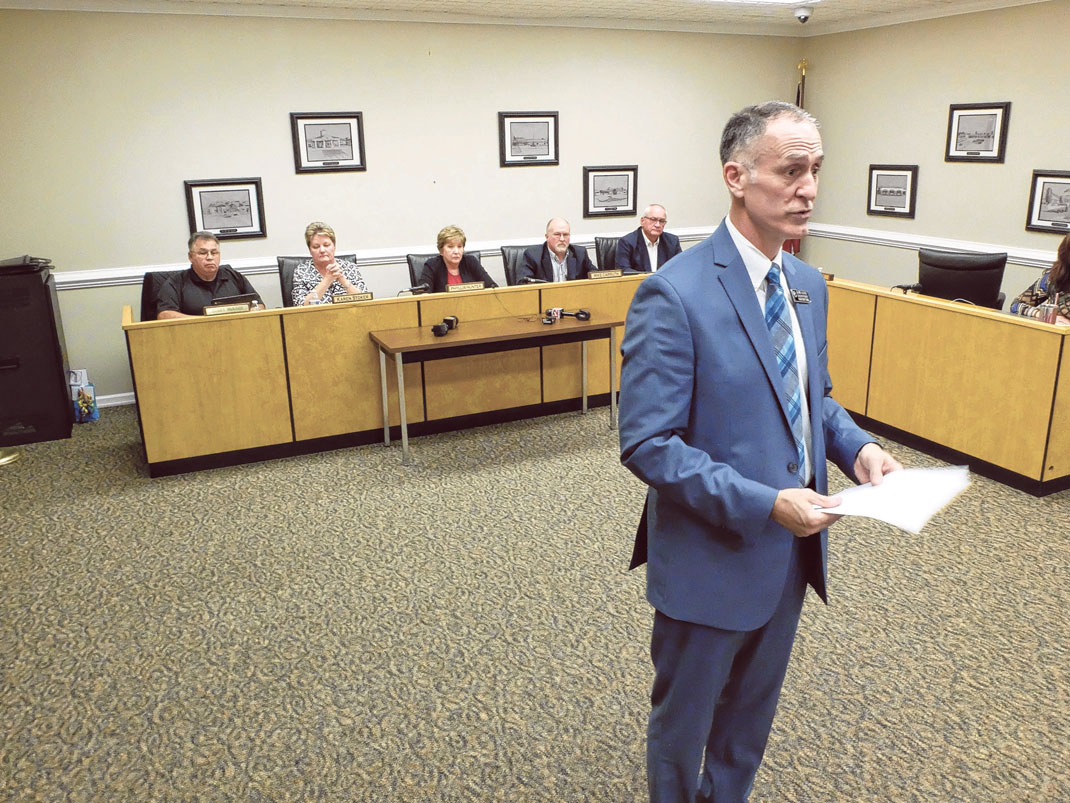The Walker County School Board is set to vote on raising the millage rate for the school system during its next meeting July 25, but the news is not all bad for the more than 36,000 county taxpayers.
Even after the likely approval of the 4.8% tax increase from the school board, the first since 2005, the total new tax bill for property owners in Walker County will be lower than it was in 2018, due to Walker County Commissioner Shannon Whitfield ending the public health tax earlier than expected.
Whitfield announced this spring that he was ending the public health tax implemented in August 2017 in order to pay back the county's $8.7 million debt to Erlanger Health System. That announcement came a year early due to higher than expected collections, he explained.
"The taxpayers should be happier with their tax bills, even if the school board increases its millage rate," said Whitfield.
Ending the public health tax for the 2019 tax year reduces taxes on a home valued at $100,000 by $140. School taxes on that home would rise by $30.51 if the tax increase is approved as proposed.
"We have done everything we can do not to change the school millage rate on the tax bills while providing a successful product," said Superintendent Damon Raines. "We are at the point where we had to look at options."
Before voting on the increase, the school board will host the final of three required "millage rate adoption" public hearings at 6 p.m. July 25 at the district office on Duke Street in LaFayette. The board will then go into its regular session for a final vote.
"I think the board is confident in what we are doing and the reasoning behind that," Raines said, "and I believe they want to support that."
The millage rate was increased to 17.55 mills in 2005 and remained virtually the same through 2015. The school board opted to roll back the millage rate set by the annual tax digest the last three years to the current rate of 16.619.
Raines said going back to 2015 levels was a place "where we are comfortable." The rollback cost the school system about $373,000.
The rollback rate is the amount necessary for the school system to maintain the same funding levels as the previous year. It was established in 2000 by the Georgia legislature to protect homeowners against inflation.
"We just have to be careful that we don't get overtaxed here," Duane Frye, a businessman in LaFayette, said after raising several concerns in the last public hearing. "My business taxes are crazy. I just think we have to look at doing something different than just putting it on property owners."
Frye urged Raines to look at the option of raising the local option sales tax to support the $96 million school budget. Raines explained the legislative process to raise the sales tax and said he would explore it with the board next year.
"I would pay about any amount of sales tax you want if it keeps it off my property taxes," said Frye. "There needs to be a fairer way so that people with children in the system pay something. I haven't had child in school since 2008."
Dale Pettigrew said the overall tax bill and the increases over the past few years were difficult on senior citizens.
"I get one tax bill in my mailbox," Pettigrew said after the meeting. "It keeps going up. Let people my age live in peace and let us have our houses, or we are going to have to sell our places off. There has to be a stopping place."
Raines said the new millage rate keeps the system in the second tier of millage rates across Georgia. Eighty-four of the state's 180 school districts have rates between 15 and 17.99 mills, according to Raines' presentation. Only eight have tax rates of 12 mills or lower, while 37 have rates between 12 and 14.99 mills, and 51 mostly urban districts have millage rates between 18 and the maximum of 20 mills.
Email Davis Lundy at davislundy@aol.com.

